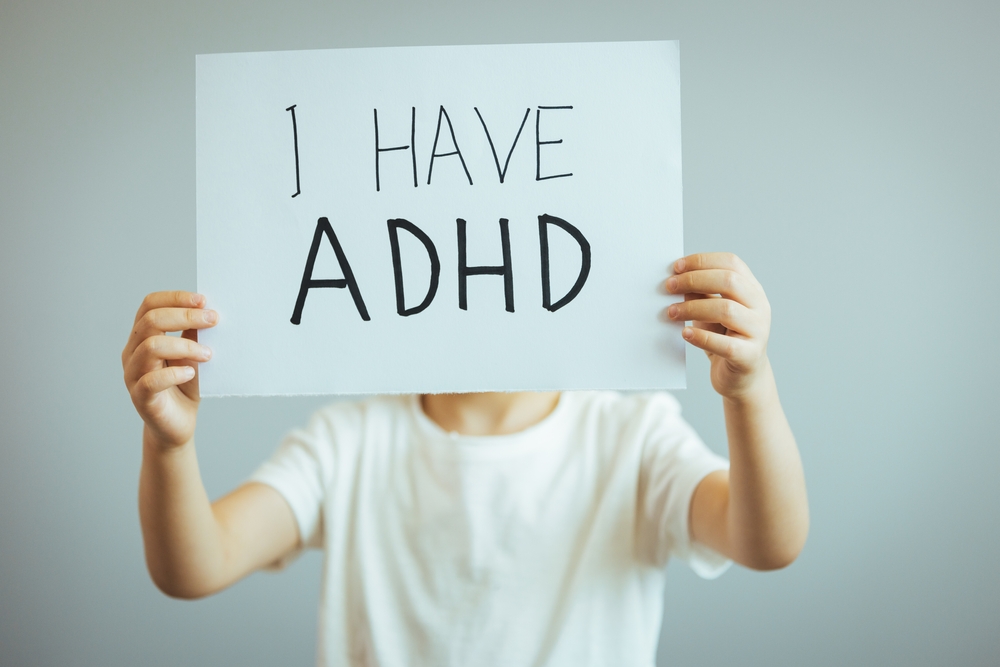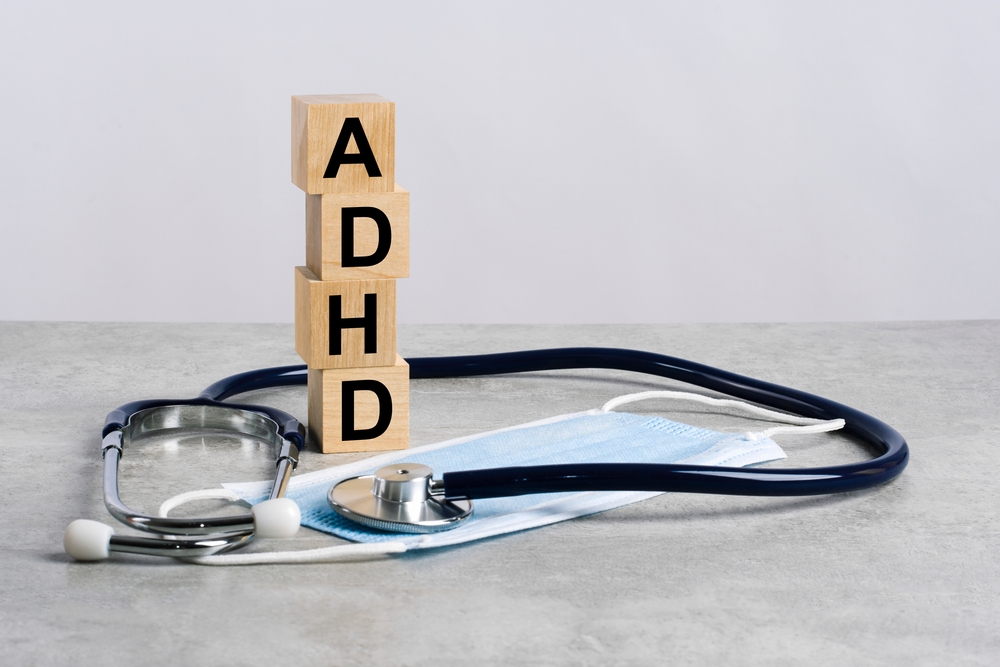ADHD is something that many people deal with, with most of us being unaware we actually have it. But is ADHD something that you are born with? Or is it something that can develop at any point in life?
With that in mind, in this blog, we will explore the question ‘Can ADHD develop later in life’.
The Brain Workshop is a dedicated team of professionals devoting to working with individuals who struggle with learning, in addition to those who want to learn how to learn to the best of their ability.
Our mission is to help turn people’s learning weaknesses into strengths. Regardless of age or profession, our compassionate team is here to provide testing, training tools, patience, and compassion to help our students thrive by realizing their potential.
Is there more than one type of ADHD?
Yes, there are more than one type of ADHD. The most commonly recognized types are:
- Inattentive type: This type is characterized by difficulty paying attention, being easily distracted, and having trouble organizing tasks.
- Hyperactive-impulsive type: This type is characterized by excessive activity, restlessness, impulsivity, and difficulty sitting still.
- Combined type: This type includes symptoms of both the inattentive and hyperactive-impulsive types.
It’s important to note that these are just three primary types, and individuals may experience a combination of symptoms that don’t neatly fit into any one category. Additionally, ADHD can present differently in adults compared to children.
Can ADHD be treated?
Yes, ADHD is a treatable condition, and there are several effective approaches to managing its symptoms. The most common treatment methods include:
Medication: Stimulant medications are often prescribed to individuals with ADHD. These medications can help improve focus, concentration, and reduce impulsivity. Non-stimulant medications may also be used in some cases.
Therapy: Cognitive-behavioural therapy (CBT) is a type of talk therapy that can help individuals with ADHD develop coping strategies for managing their symptoms. CBT can teach individuals how to organize tasks, manage time effectively, and improve their self-esteem.
Lifestyle Changes: Making certain lifestyle changes can also help alleviate ADHD symptoms. These may include getting enough sleep, exercising regularly, eating a healthy diet, and avoiding substances that can exacerbate symptoms.
Support Groups: Joining a support group can provide emotional support and practical advice from others who understand what it’s like to live with ADHD.
The most effective treatment plan for ADHD will depend on the individual’s specific needs and symptoms. It’s important to work closely with a healthcare professional to develop a personalized treatment plan that addresses your unique challenges.
Can ADHD develop later in life?

The short answer is yes, ADHD can develop later in life. While it’s more common for ADHD symptoms to appear during childhood, it’s entirely possible for individuals to experience the onset of ADHD symptoms in adulthood. This is known as late-onset ADHD
Triggers for Late-Onset ADHD
Several factors may contribute to the development of ADHD later in life, including:
- Stress and Life Changes: Significant life events, such as job loss, divorce, or the death of a loved one, can trigger or exacerbate ADHD symptoms.
- Hormonal Changes: Hormonal fluctuations, particularly in women during menopause or pregnancy, can impact brain function and contribute to the development of ADHD symptoms.
- Medical Conditions: Certain medical conditions, such as thyroid disorders, sleep apnea, or traumatic brain injury, can increase the risk of developing ADHD.
- Substance Abuse: Long-term substance abuse can damage the brain and contribute to the development of ADHD symptoms.
- Genetics: If you have a family history of ADHD, you may be more likely to develop the condition later in life, even if you didn’t experience symptoms as a child.
Symptoms of Late-Onset ADHD
The symptoms of late-onset ADHD can be similar to those experienced by children, but they may manifest differently in adults. Common symptoms include:
- Difficulty concentrating
- Forgetfulness
- Procrastination
- Impulsivity
- Restlessness
- Trouble organizing tasks
- Mood swings
- Low self-esteem
- Relationship problems
- Career difficulties
Many of us may have one or more of these symptoms, but without a clinical diagnosis, it isn’t appropriate to attribute these symptoms as a result of ADHD. You should seek expert diagnosis.
Diagnosis of Late-Onset ADHD
If you suspect you may have late-onset ADHD, it’s important to consult with a healthcare professional for a proper diagnosis. They will typically conduct a comprehensive evaluation, which may include:
- Medical history review: The doctor will ask about your symptoms, family history of ADHD, and any recent life changes or medical conditions.
- Psychological assessment: A psychologist may administer tests to assess your cognitive functions and identify any ADHD-related symptoms.
- Rule out other conditions: The doctor may rule out other conditions that can cause similar symptoms, such as anxiety or depression.
Treatment for Late-Onset ADHD
If you are diagnosed with late-onset ADHD, there are several effective treatment options available. These may include:
- Medication: Stimulant medications can help improve focus, concentration, and reduce impulsivity.
- Therapy: Cognitive-behavioral therapy (CBT) can help you develop coping strategies for managing ADHD symptoms and improving your quality of life.
- Lifestyle changes: Making lifestyle changes, such as getting enough sleep, exercising regularly, and managing stress, can also help alleviate ADHD symptoms.
It’s important to note that treatment for late-onset ADHD may require a combination of these approaches. The most effective treatment plan will depend on your individual needs and circumstances.
Is it easier to treat a child or adult with ADHD?
Treating ADHD in children and adults can be both challenging and rewarding, but there are unique considerations for each age group.
Treating ADHD in children often involves a multi-faceted approach that includes medication, therapy, and behavioral interventions. Children are generally more responsive to treatment and may experience significant improvement with a combination of these approaches.
Parents can also play a crucial role in supporting their child’s treatment by implementing strategies to manage symptoms at home and school.
Treating ADHD in adults can be more complex due to the increased demands of adulthood, such as work, relationships, and financial responsibilities.
Adults with ADHD may also be more likely to have comorbid conditions, such as anxiety or depression, which can complicate treatment. However, with the right approach, adults with ADHD can effectively manage their symptoms and improve their quality of life.
While both children and adults can benefit from treatment for ADHD, the specific strategies and challenges may differ. It’s important to work closely with a healthcare professional to develop a personalized treatment plan that addresses your unique needs and circumstances.
Can ADHD indicate more serious conditions?
Yes, ADHD can sometimes be an indicator of more serious conditions. While ADHD itself is not a serious medical condition, it can sometimes be associated with other underlying issues.
Here are some examples of conditions that may be linked to ADHD:
- Learning disabilities: Individuals with ADHD may also have learning disabilities, such as dyslexia or dyscalculia.
- Anxiety and depression: ADHD can increase the risk of developing anxiety and depression.
- Substance abuse: Individuals with ADHD may be more prone to substance abuse.
- Oppositional defiant disorder (ODD): ADHD can sometimes co-occur with ODD, a behavioral disorder characterized by defiance and aggression.
- Conduct disorder: ADHD may also be associated with conduct disorder, a behavioral disorder characterized by antisocial behavior.
Guidance for ADHD

If you are looking to optimize your learning potential, with the guidance of seasoned professionals with a wealth of experience, The Brain Workshop is here to help.
With courses available online and more, feel free to get in contact with us to see how we can help you today. Simply click here to get in touch.
In this blog, we hope to have addressed how can schools better support students with ADHD?’ whilst providing supplementary information, in addition to the vital services that we offer.
Contact Number:
+9714 24 34 620
Email:
info@thebrainworkshop.com
Address:
Office 216,
Apex Atrium Building,
Motor City
P.O.Box :
215578 Dubai, UAE






